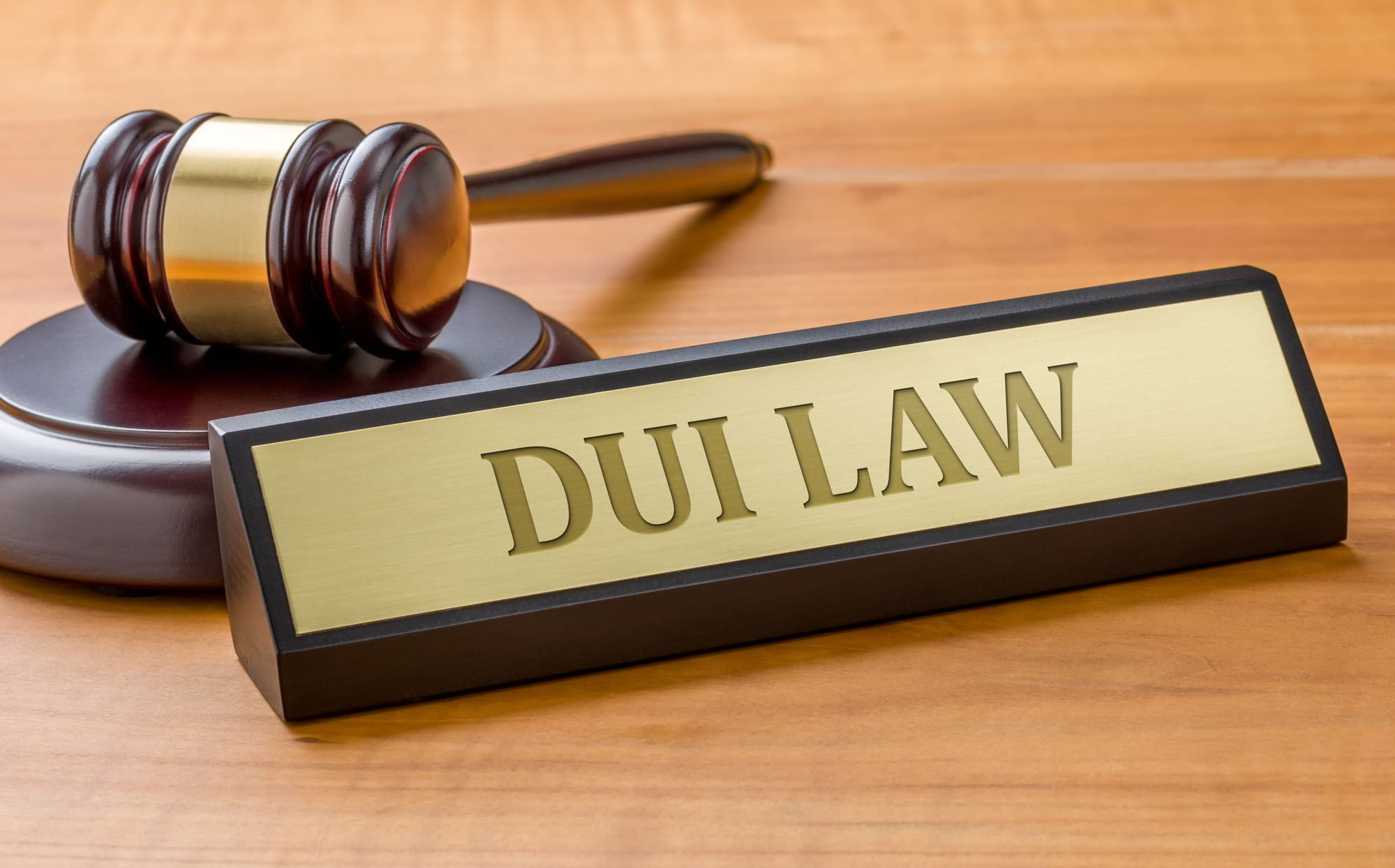Defending Yourself Against Intoxication Assault in Texas
Intoxication assault, known as DWI with serious bodily injury in other states, is a serious charge that can be brought against you in addition to DWI in Texas. The penalties are significant and can have life-changing consequences for your future. While these cases are serious, there are steps you can take to fight the charges. Understanding how intoxication assault is defined according to the Texas penal code and what the prosecution is required to provide is critical when navigating these charges.
Understanding the Difference Between a DWI and Intoxication Assault
While intoxication assault and driving while intoxicated charges are related, they are not the same thing. In Texas, someone can be charged with a DWI if they are operating a vehicle with a blood alcohol concentration (BAC) of over 0.08 percent. If you cause an accident while under the influence and cause serious bodily injury to someone, it can result in an additional charge of intoxication assault.
Serious bodily injury is defined in Texas law as an “injury that creates a substantial risk of death or that causes serious permanent disfigurement or protracted loss or impairment of the function of any bodily member or organ.” Examples of serious bodily injury include but aren’t limited to:
- Traumatic brain injuries
- Internal bleeding
- Organ damage
- Serious burns
- Deep lacerations
- Crush injuries
- Amputation injuries
What Is Required to Prove Intoxication Assault?
Intent is not required for an intoxication assault charge. Texas law clearly states that this charge applies when a driver under the influence causes serious bodily injury to another “by accident or mistake.” However, the prosecution does have to prove two main elements: 1) that you were under the influence of alcohol or another impairing substance and 2) that the DWI accident directly caused the serious injury.
When an accident involving serious bodily injury occurs, the driver is required to submit to a chemical test to determine their blood alcohol concentration at the time of the crash. This is the evidence, along with officer observations, the prosecution uses to show that the driver was operating while impaired. The driver may also be required to undergo drug testing to check for any additional substance use.
Potential Penalties for Intoxication Assault
While a first-time DWI charge is usually a misdemeanor in Texas, intoxication assault is much more serious. Intoxication assault is a third-degree felony charge in most cases, but there are some aggravating circumstances that can escalate the charge.
Intoxication assault can be upgraded to a second-degree felony if the victim is an emergency medical services personnel or firefighter working in the line of duty. A second-degree felony charge can also apply if the serious bodily injury is a traumatic brain injury that leaves the person in a permanent vegetative state. A second-degree felony charge carries a potential sentence of up to 20 years in prison and a fine of up to $10,000.
Causing serious bodily injury to a police officer while driving under the influence is a first-degree felony charge. A first-degree felony is punishable by up to life in prison and a fine of up to $10,000.
If the standard third-degree intoxication assault charge applies, the potential sentence is 2 to 10 years in prison and a fine of up to $10,000. You could also face suspension of your driver’s license.
Intoxication Assault Defense Strategies
It’s important not to give up when you’ve been charged with intoxication assault or believe that the case against you is too strong to attempt to present a defense. There are always defense strategies that can be used, even if they only mitigate the penalties and don’t result in an acquittal. An experienced intoxication assault defense attorney will be able to evaluate your case and determine if any of the following strategies may apply:
- Challenging the evidence for intoxication. To be convicted of intoxication assault, there must be evidence of that intoxication. If there were issues with the procedures surrounding the chemical test, it could mean the results are inadmissible in court
- Arguing that the driver’s intoxication was not the cause of the accident. If the accident was caused by other factors, the case could fail to meet this criterion
- Challenging that the victim’s status meets the definition of serious bodily injury. An attorney can attempt to show that the victim’s injuries were minor and don’t meet the legal standard for serious bodily injury
- Asking for an alternative sentence. First-time offenders may be able to avoid prison by asking for an alternative sentence, such as probation and substance abuse treatment
- Negotiating a plea bargain. A plea bargain could result in the charges being lowered or a more lenient sentence
The Importance of Having Legal Representation
When you’re facing potentially life-altering charges like intoxication assault, you need a legal team that’s prepared to fight for you. At Palmer Perlstein, we take an entire team approach, which allows us to bring a variety of perspectives and potential strategies to every case. We know that this is your future and freedom that are on the line, and we take our responsibility seriously in being your legal advocate. We provide aggressive representation and thorough communication so you’re informed about what’s happening every step of the way.
If you’ve been charged with intoxication assault or another DWI-related crime in Addison, Texas, or the surrounding area, the team at Palmer Perlstein can help. Call our office at 214-225-3707 to connect with one of our attorneys who can get started on your defense case right away.

 Call Us Now
Call Us Now Email Us Now
Email Us Now

